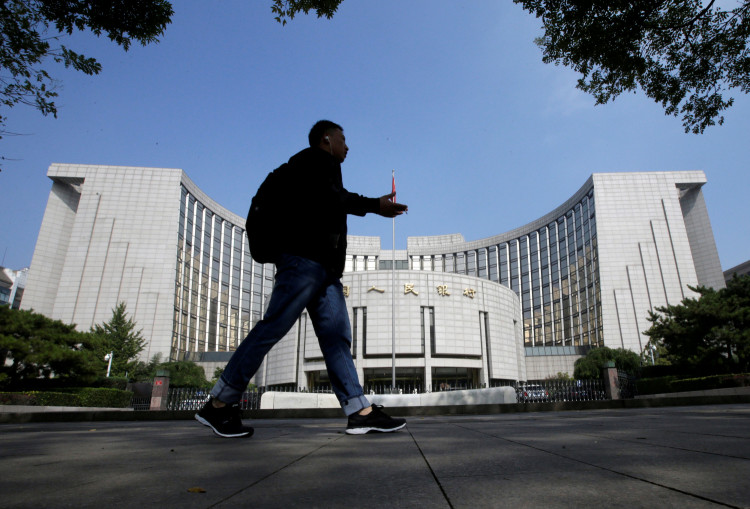The People's Bank of China (PBOC) will unleash more financial stimulus to prevent China's battered economy from sinking into an economic fever because of the raging COVID-19 outbreak sweeping through practically the entire country. Investors widely expect more PBOC monetary and fiscal support measures in the next few weeks.
On Saturday, PBOC said it has the necessary tools and the time to implement wider stimulus measures that will make more cash available to business firms already struggling to cope with the aftermath of Trump's trade war on China. Analysts expect PBOC to further lower interest rates and keep liquidity at ample levels to help companies hit hard by COVID-19, said PBOC deputy governor Liu Guoqiang. Liu announced PBOC will release more liquidity to banks by adjusting the criteria for reserve requirement ratios (RRR) cuts.
"China's monetary policy space is still very sufficient, and the toolbox is also sufficient," said Liu to the Financial Times. "We are confident and able to offset the impact of the epidemic."
On Thursday, PBOC again lowered the loan prime rate (LPR), or the interest rate bank's charge favored customers, meaning those with good credit, in a renewed bid to spur business activity inhibited by COVID-19. The LPR is PBOC's new benchmark lending rate.
PBOC cut the one-year LPR by 10 basis points to 4.05% from 4.15% a month earlier. The above-five-year LPR saw a reduction of five basis points from the previous 4.75%. The LPR cuts came after PBOC lowered the medium-term lending facility (MLF) rates on Monday by 10 basis points. This expected PBOC move supports government moves to restore economic normalcy in a scenario where factories and business firms remained closed for longer than usual due to the disease outbreak. Some factories have remained shuttered for over a month and layoffs are rising.
PBOC pledged more monetary and credit support to combat COVID-19. It also vowed to more LPR cuts and lower real lending rates, especially for small firms, by further improving the transmission mechanism of LPR.
Liu, however, clarified PBOC won't resort to "flood-like" stimulus. China has reduced several of its key rates in recent weeks, including the LPR, in a bid to bring financial relief to companies hammered by the COVID-19 outbreak.
Liu said benchmark deposit rates will also be adjusted at an appropriate time. Liu also predicts the outbreak's impact on China's economy will be limited. He said China will strive to meet its previous economic and social development targets this year.
Another PBOC deputy governor, Chen Yulu, also said the impact of COVID-19 on China's economy will be short-term and limited. He contends China is fully confident it beat the epidemic.
"We believe that after this epidemic is over, pent-up demand for consumption and investment will be fully released, and China's economy will rebound swiftly," said Chen on Saturday.
Some economists estimate a huge negative impact on China's economy as a result of COVID-19. The economy might be in for a sharp slowdown in the first quarter, probably plunging to 3% or even lower from 6% in the previous quarter. If this prediction comes to pass, it will be the weakest pace in nearly 30 years.






